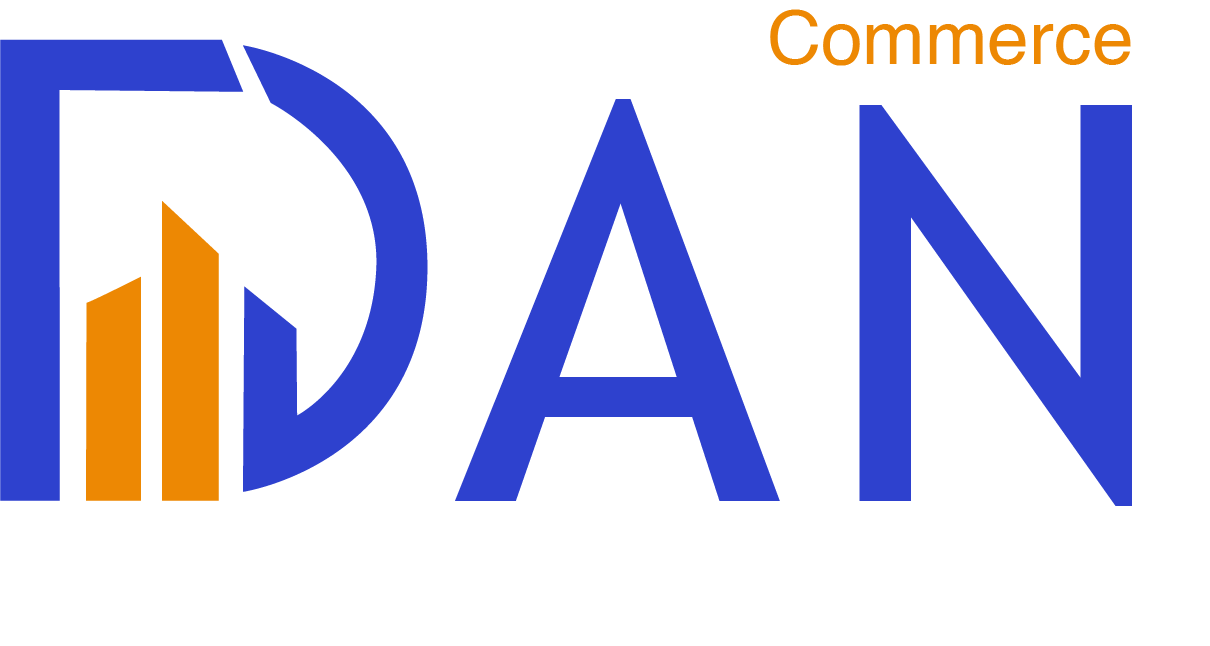Course Content:
Introduction to Financial Planning:
Understanding the fundamental principles of financial planning and its importance in personal and business life.
Key differences between personal and business financial planning.
Creating a Personal Financial Plan:
Developing short-, medium- and long-term personal financial goals.
Techniques for effective personal budgeting, debt management, and maximizing savings.
Personal investment strategies, including saving for retirement, real estate investing, and financial markets.
Financial Planning for Business:
Creating a financial plan for business, including income projections, cash flow analysis, and capital planning.
Strategies for cost management and resource optimization in a business environment.
Evaluation of business financing options, including loans, venture capital, and crowdfunding.
Risk Management and Insurance:
Identification and mitigation of financial risks at both the personal and business level.
Selection of appropriate insurance to protect personal and business assets, such as life, health, and commercial insurance.
Efficient Tax Planning:
Tax planning techniques that maximize tax benefits and minimize both personal and corporate tax liabilities.
Tax optimization strategies for different business structures, including small and medium-sized enterprises (SMEs) and startups.
Succession and Estate Planning:
Development of a plan for business succession to ensure business continuity.
Strategies for the efficient transfer of wealth to the next generation, including will and trust planning.
Technology and Tools for Financial Planning:
Use of software and digital tools for personal and business financial management.
Evaluation of applications and platforms that facilitate financial automation, budgeting and investment tracking.
Financial Plan Evaluation and Review:
Techniques for reviewing and adjusting financial plans on an ongoing basis, ensuring they adapt to changes in personal, business or market circumstances.
Key performance indicators to monitor financial progress and make corrective decisions.
Final Project:
Participants will develop a comprehensive, customized financial plan, covering both their personal and business financial situation.
The plan will be evaluated by financial experts, who will provide detailed feedback and recommendations for successful implementation.
Additional Benefits:
Financial Planning Certification:
Upon completion of the course, you will receive professional certification in financial planning, recognized by financial institutions and organizations globally.
Access to Exclusive Resources and Tools:
You will gain access to advanced financial planning tools, case studies, and webinars with leaders in the financial planning industry.
Mentoring and Personalized Advice:
During the course, you’ll have access to mentors with extensive financial planning experience who will guide you and answer your questions.
Course Duration: 6 months
Modality: 100% online, with live sessions and access to recorded content.



Valoraciones
No hay valoraciones aún.